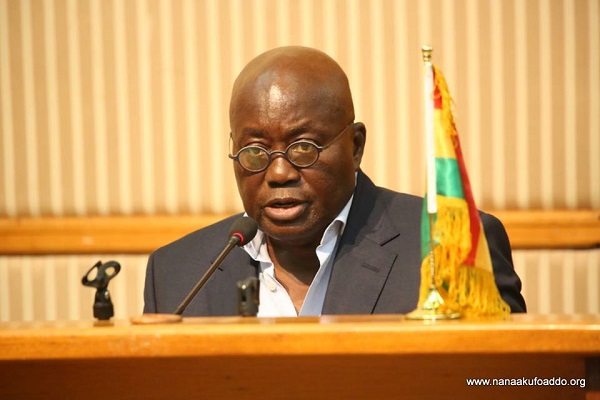Ghana’s government has asked the International Monetary Fund to push back the end date of its $918 million aid programme from April 2018 to December 2018, IMF and government sources told Reuters on Wednesday.
The request is expected to lead to talks aimed at a revised deal to include more money and fresh targets for fiscal consolidation, according to senior government officials.
An extension would further reassure investors that the government of President Nana Akufo-Addo that took office in January is serious about restoring macro-economic stability, they said.
“Ghanaian authorities released a memorandum of economic and financial policies to the IMF this week. It included a letter of intent requesting an extension of the Fund programme to December 2018,” one of the sources said.
IMF officials say they are open to extending the programme.
The government has outlined an ambitious programme of job creation through the private sector and rural development including pledging to build a factory in every district in order to restore the economy.
But officials say the plans cannot be realized unless the economy is stable and gross domestic product (GDP) growth increases.
GDP stood at 6.6 percent in the first quarter of 2017, the statistics office said on Wednesday. The figure compares with full year GDP growth for 2016 of 3.5 percent and first quarter GDP last year of 4.4 percent.
The industry sector recorded the highest growth, at 11.5 percent, followed by agriculture with 7.6 percent and services with 3.7 percent, deputy government statistician Anthony Amuzu told a news conference.
“There was huge growth in the industry sector, which was driven by oil. It’s basically because of the coming on stream of the TEN Field,” he said. Ghana began producing oil at the offshore Jubilee field operated by British company Tullow in 2010 and it opened the TEN field last August.
For years, Ghana’s economy grew at around 8 percent on the back of its exports of gold, cocoa and oil but it slowed sharply in 2014 due to lower commodity prices and a fiscal crisis.
Reuters



